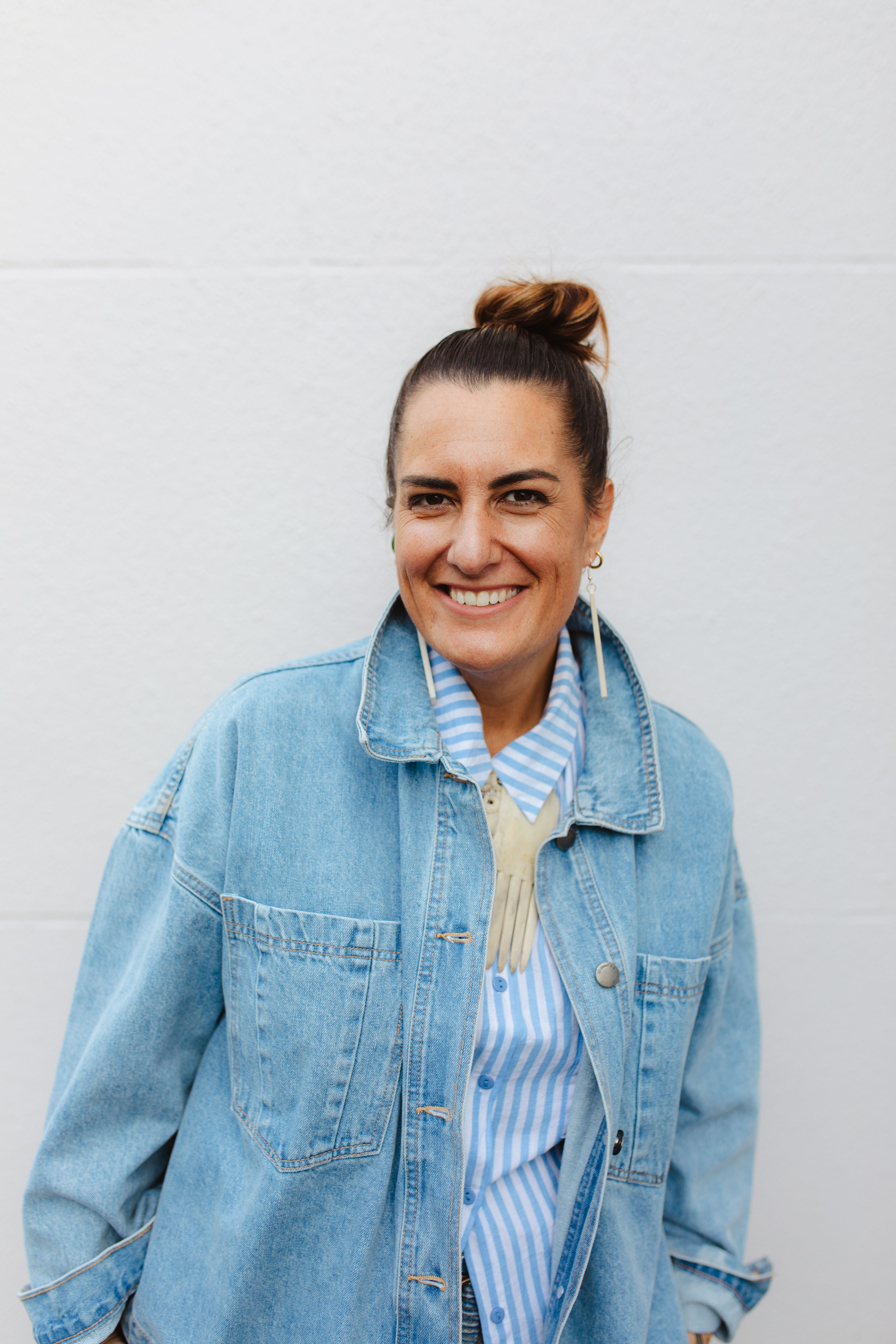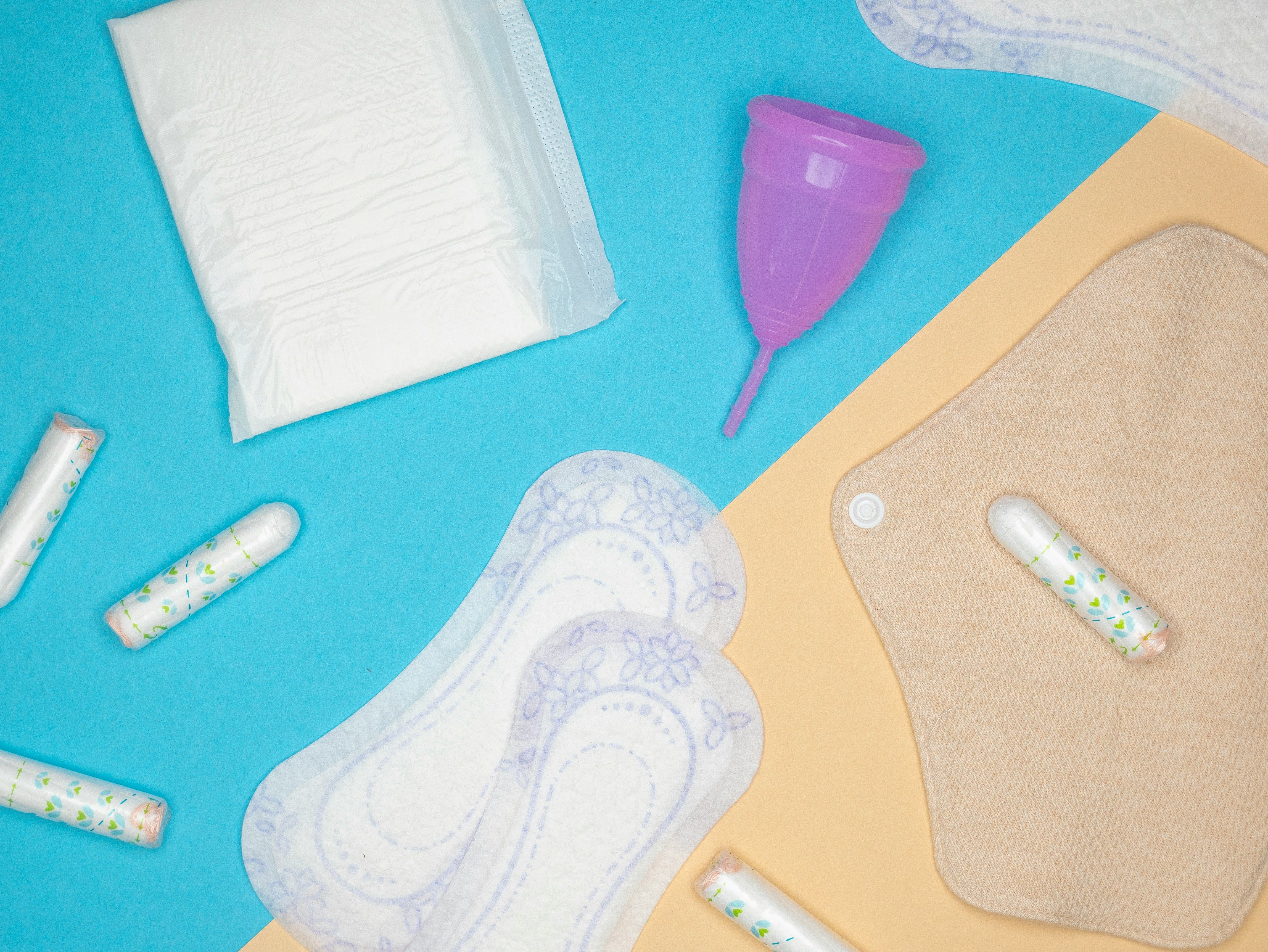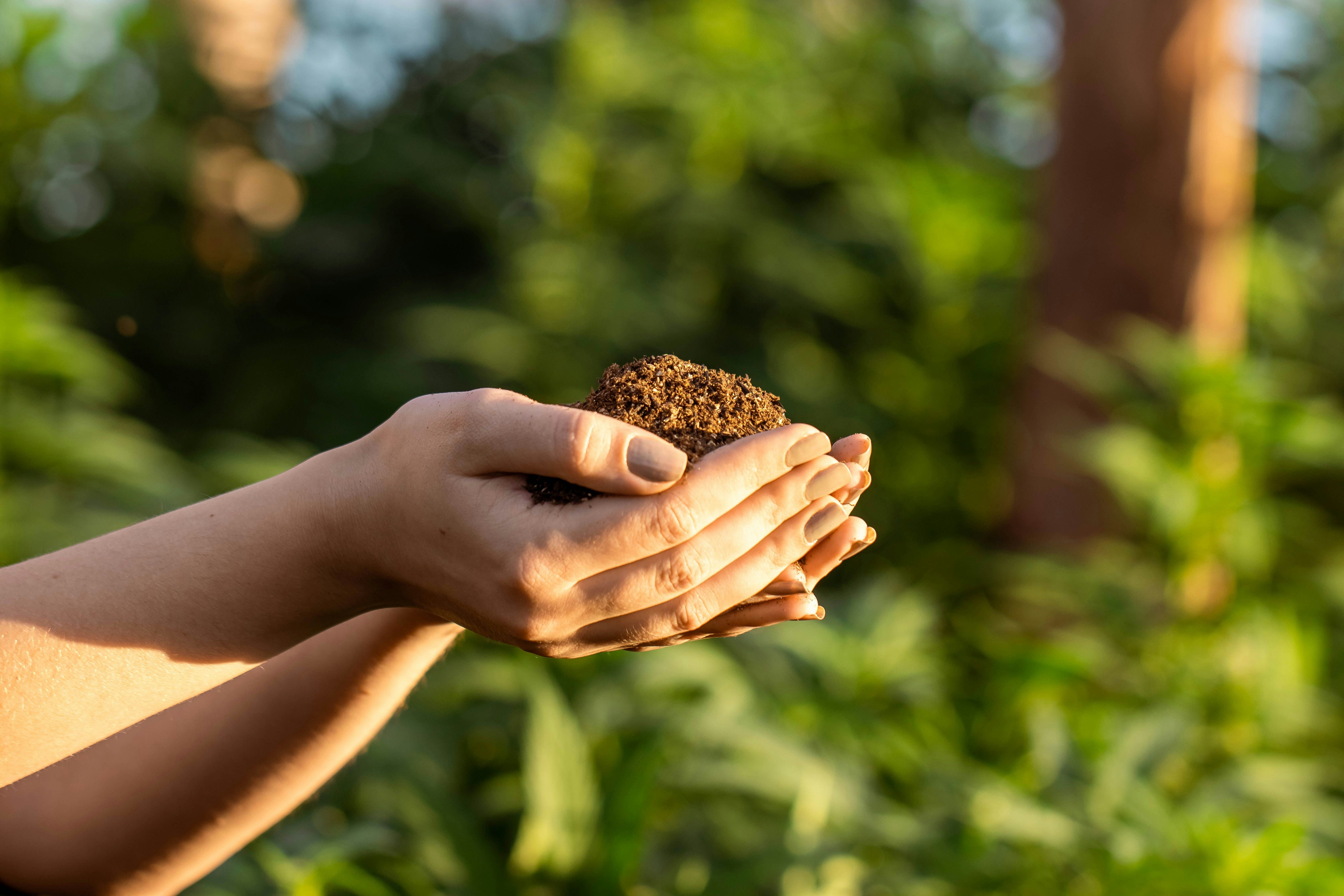

Qiane Matata-Sipu has written a book about a young woman's first period, with a te ao Māori lens.
Photo/Supplied
Reclaiming our first blood: Children’s book revives indigenous teachings on periods
My First Ikura blends mātauranga Māori with practical facts to help families talk openly about first periods and celebrate them as a sacred rite of passage.



Moana Pasifika end Lautoka curse to win 'Battle of the Pacific'


A.R.T sets new Pacific music pace with ‘First Thursday’ releases



Moana Pasifika end Lautoka curse to win 'Battle of the Pacific'


A.R.T sets new Pacific music pace with ‘First Thursday’ releases
For generations, conversations about periods were whispered or avoided. Now, a Māori-Pasifika mother and writer is rewriting that story, starting with her own daughters.
Auckland-based Qiane Matata-Sipu has released My First Ikura, a children’s book that blends mātauranga Māori with practical information about menstruation.
The 32-page picture book is aimed at children aged seven and up. It explains what happens during a first period in simple, age-appropriate language, features illustrations of the body with Māori terms, and includes a bilingual glossary in English and te reo Māori.
Matata-Sipu says it can be used by parents at home, or by teachers and school nurses, as a culturally grounded way to introduce children to menstruation.
Matata-Sipu says the idea for My First Ikura grew from her own home. With daughters of Tongan, Cook Islands, and Māori heritage, she went searching for a resource rooted in culture and found nothing.
“My eldest daughter has been talking about or asking about periods since she could talk… and then my niece, she's the eldest grandchild of my parents, she got her period.
“I always look for resources that can help support indigenising the world of my tamariki. I was looking for something specifically for our children about this, and so I thought, ‘Oh well, might as well write something myself’.”
Matata-Sipu (Te Waiohua, Waikato, Ngāpuhi, Ngāti Pikiao, Cook Islands) hopes the book will help normalise conversations about periods in households and schools. Her daughter, now almost eight, helped proofread both the English and te reo Māori editions, sparking conversations at school.
“She ended up going up to the senior girls and saying, ‘So who here's got their periods?’. They shared with her who has, who hasn't, do you use pads or do you use undies, and she helped to normalise it amongst the senior girls at school.”
At the heart of My First Ikura is pūrākau, traditional stories that frame menstruation as sacred, powerful, and connected to the natural world.

Qiane Matata-Sipu is an award-winning author, podcaster, mother, who prides herself on platforming stories of marginalised people. Photo/Supplied
One of the stories describes the first wahine being formed from the sacred soils of Papatūānuku (Mother Earth): “Those soils and that area are called kura waka, and from a te ao Māori context, that is the womb or the uterus of Papatūānuku,” Matata-Sipu says.
The book also revives traditional Māori language for body parts and menstruation. “When I was growing up, the only reo Māori name I knew for a period was mate, and that meant death. Being able to share words like waha kōpū, cervix… just unpacking the words themselves has been a really cool part of this journey,” Matata-Sipu says.
She hopes this helps shift the experience of getting a first period from something hidden to something honoured. “I'm quite a straight-up person anyway, so any time my children or my nieces and nephews have ever asked me questions, I've only ever given them honest answers.
“We use the proper language for body parts, for milestones in their lives, for things that are happening, things around puberty. So I've never been shy to have these conversations with our children.”
After its launch earlier this month, My First Ikura reached 10th place on the Aotearoa New Zealand Bestseller list and has received glowing reviews.
One reader says: “This is beautifully made, perfect for kōtiro of a wide range of ages and stages. My 11-year-old was able to read it to me, and we both loved learning new kupu.”
Another writes, “Such a beautiful pukapuka, to share with my pepi as she grows into a young lady.”
Census figures from 2023 shows Pasifika make up 8.9 per cent of the population, with estimates up to one in five also have shared Māori heritage.
Inspiring wider Pacific conversation
Last week, thousands attended the World Indigenous People’s Conference of Education (WIPCE) in Tāmaki Makaurau, Auckland, where Matata-Sipu shared the book at her whānau whenua of Ihumātao.
“Delegates from across the Pacific and beyond were inspired by the book to explore the words their cultures use for menstruation,” she says. “What might be the Sāmoan word, or the Tongan word, or the te reo word that you might use? Because so many of us didn't have these teachings when we were growing up, and I would love for our children not to have that same experience.”

Māori and Pacific women are more likely to be impacted by period poverty, not being able to afford period products. Photo/Reproductive Health Supplies Coalition
Period equity issues
The book also links to a bigger issue: period poverty. A University of Auckland survey of almost 4000 students found many teens are missing school because they can’t afford period products, with Māori youth most affected.
“Nineteen per cent of Māori youth have experienced period poverty, and 16 per cent missed school because they couldn’t afford menstrual products,” Terryann Clark, Associate Professor, who led the research, says in a statement. “Our rangatahi deserve better, they deserve to have their basic needs met.”
To help address this, Matata-Sipu has partnered with Dignity New Zealand on a campaign encouraging people to donate 500 copies of the book to community groups before Christmas.
Lisa Maathius, Chief Executive of Dignity New Zealand, says: “We believe no one should feel shame about something as natural as their first period. My First Ikura helps break the silence, creating space for aroha and pride instead of stigma.”

Qiane Matata-Sipu says more people are returning to ancient, indigenous wisdom as a blueprint for living well. Photo/Unsplash
A writer with a mission
Matata-Sipu is known for amplifying indigenous voices, including through her award-shortlisted book, NUKU: Stories of 100 Indigenous Women.
She sees My First Ikura as part of the wider resurgence of indigenous knowledge, reconnecting young people to nature and maramataka, the Maori lunar calendar.
“Indigenous knowledge, indigenous practice, indigenous systems and values are all the blueprint for living well,” she says. “When we return to the connection we have with ourselves, with each other, and with our environment, we actually find our wellness… and it’s really powerful to have that available to our young people.”
The English version, My First Ikura, and te reo Māori edition, Taku Ikura Tuatahi, are available for $30 from Matata-Sipu’s website and selected bookstores.